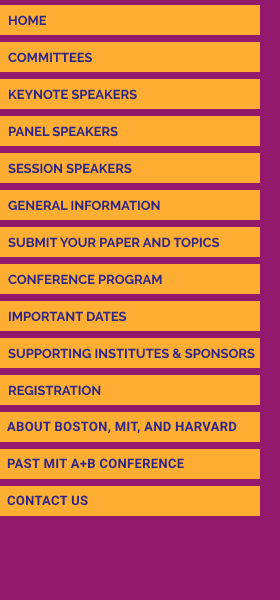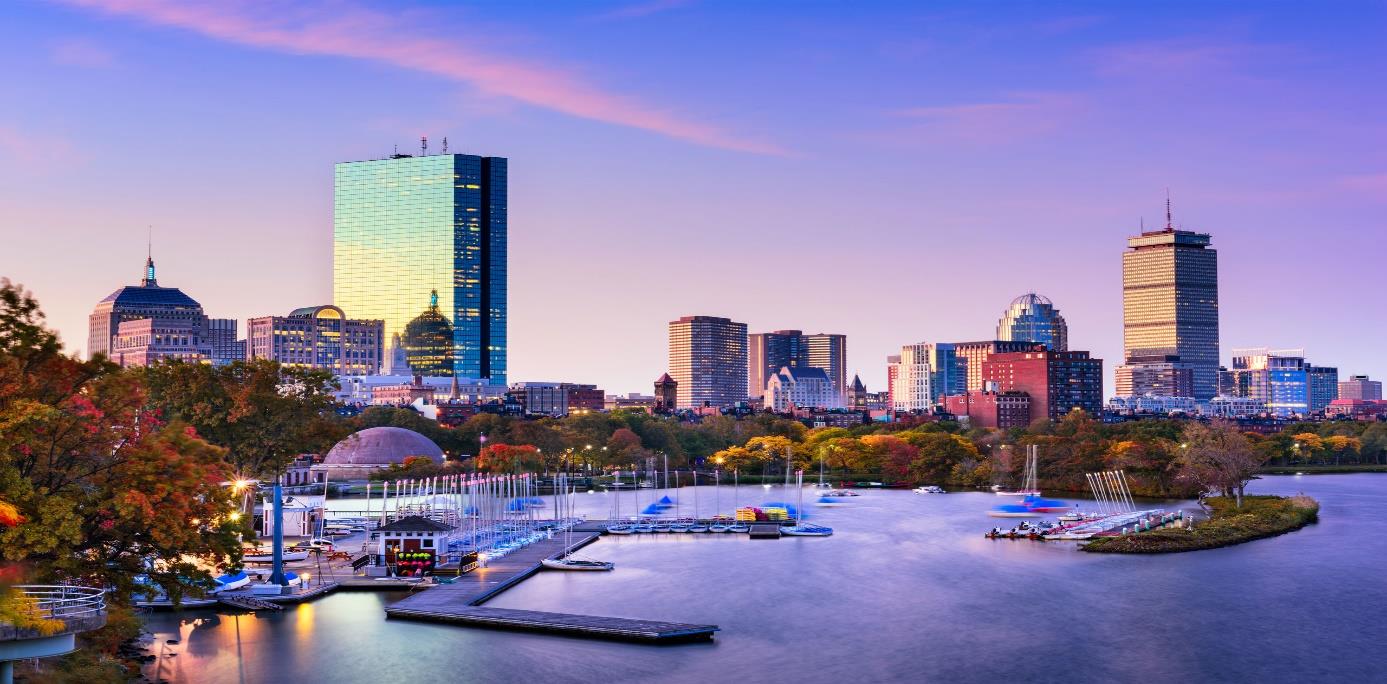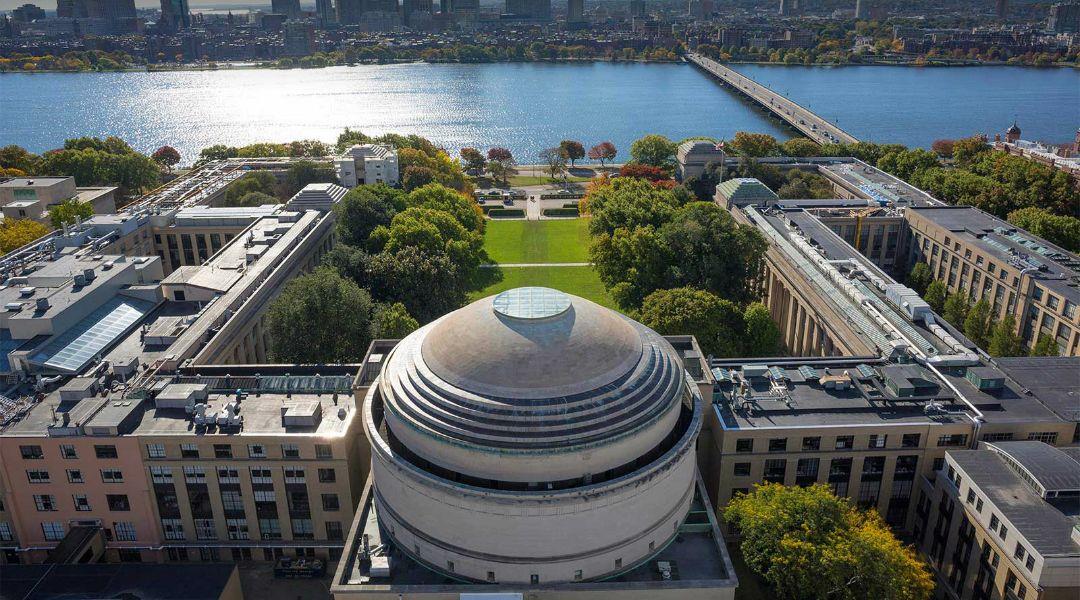

|
About Boston, MIT, and Harvard Boston is the capital and most populous municipality of the Commonwealth of Massachusetts in the United States. The city proper covers 48 square miles with an estimated population of 685,094 in 2017, making it also the most populous city in the New England region. The city is the economic and cultural anchor of a substantially larger metropolitan area known as Greater Boston, home to a census-estimated 4.8 million people in 2016. Boston is one of the oldest cities in the United States, founded on the Shawmut Peninsula in 1630 by Puritan settlers from England. It was the scene of several key events of the American Revolution, such as the Boston Massacre, the Boston Tea Party, the Battle of Bunker Hill, and the Siege of Boston. Upon gaining U.S. independence from Great Britain, it continued to be an important port and manufacturing hub as well as a center for education and culture. The city has expanded beyond the original peninsula through land reclamation and municipal annexation. Its rich history attracts many tourists, with Faneuil Hall alone drawing more than 20 million visitors per year. Boston's many firsts include the United States' first public park (Boston Common, 1634), first public or state school (Boston Latin School, 1635), and first subway system (Tremont Street Subway, 1897). The Boston area's many colleges and universities make it an international center of higher education, including MIT and Harvard University, and the city is considered to be a world leader in innovation and entrepreneurship, with nearly 2,000 startups. Boston's economic base also includes finance, professional and business services, biotechnology, information technology, and government activities. Businesses and institutions rank among the top in the country for environmental sustainability and investment. (information from https://en.wikipedia.org/wiki/Boston )
The Massachusetts Institute of Technology (MIT) is a private research university in Cambridge, Massachusetts. Founded in 1861 in response to the increasing industrialization of the United States, MIT adopted a European polytechnic university model and stressed laboratory instruction in applied science and engineering. The institute is traditionally known for its research and education in the physical sciences and engineering, but more recently in biology, economics, linguistics and management as well. MIT is often ranked among the world's top universities. As of October 2018, 93 Nobel laureates, 25 Turing Award winners, and 8 Fields Medalists have been affiliated with MIT as alumni, faculty members or researchers. In addition, 52 National Medal of Science recipients, 65 Marshall Scholars, 45 Rhodes Scholars, 38 MacArthur Fellows, 34 astronauts and 16 Chief Scientists of the U.S. Air Force have been affiliated with MIT. The school also has a strong entrepreneurial culture and the aggregated annual revenues of companies founded by MIT alumni would rank roughly as the tenth-largest economy in the world (2014). ( information from https://en.wikipedia.org/wiki/Massachusetts_Institute_of_Technology )
Harvard University is a private Ivy League research university in Cambridge, Massachusetts, Established in 1636 and named for its first benefactor, clergyman John Harvard, Harvard is the United States' oldest institution of higher learning. Its history, influence, wealth, and academic reputation have made it one of the most prestigious universities in the world. The university is organized into eleven principal academic units—ten faculties and the Radcliffe Institute for Advanced Study—with campuses throughout the Boston metropolitan area: Harvard's endowment is worth $40.9 billion, making it the largest of any academic institution. The Harvard Library is the world's largest academic and private library system, comprising 79 individual libraries holding over 18 million items. Harvard's alumni include eight U.S. presidents, more than thirty foreign heads of state, 188 living billionaires, 364 Rhodes Scholars, and 252 Marshall Scholars. As of October 2019, 161 Nobel laureates, 18 Fields Medalists, and 14 Turing Award winners have been affiliated as students, faculty, or researchers. In addition, Harvard students and alumni have won 10 Academy Awards, 48 Pulitzer Prizes, and 108 Olympic medals, as well as founded many notable companies worldwide. (Information from https://en.wikipedia.org/wiki/Harvard_University )
|
Copyright © 2019. All rights reserved www.applied-energy.org


